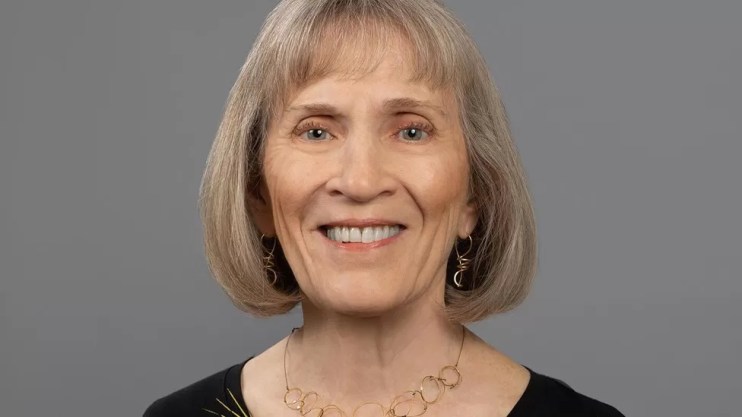Nobel economics prize goes to US professor Claudia Goldin for gender pay gap work

The Nobel economics prize has been awarded to Harvard University professor Claudia Goldin for research that has advanced the understanding of the gender gap in the labour market.
Monday’s announcement was a tiny step towards closing the Nobel committee’s own gender gap: Goldin is just the third woman to win the prize out of 93 economics laureates.
She has studied 200 years of women’s participation in the workplace, showing that, despite continued economic growth, women’s pay has not continuously caught up with men’s and a divide still exists despite women gaining higher levels of education than men.
Jakob Svensson, chairman of the Committee for the Prize in Economic Sciences, said: “Understanding women’s role in the labour market is important for society. Thanks to Claudia Goldin’s groundbreaking research, we now know much more about the underlying factors and which barriers may need to be addressed in the future.”
Goldin does not offer solutions, but her research allows policymakers to tackle the entrenched problem, said economist Randi Hjalmarsson, a member of the prize committee.
“She explains the source of the gap, and how it’s changed over time and how it varies with the stage of development. And therefore, there is no single policy,” he said. “So it’s a complicated policy question because if you don’t know the underlying reason, a certain policy won’t work.”
However, “by finally understanding the problem and calling it by the right name, we will be able to pave a better route forward”, Hjalmarsson added.

Goldin had to become a data sleuth as she sought to fill in missing data for her research, Hjalmarsson said. For parts of history, systematic labour market records did not exist, and, if they did, information about women was missing.
“So how did Claudia Goldin overcome this missing data challenge? She had to be a detective to dig through the archives to find novel data sources and creative ways to use them to measure these unknowns,” she said.
In Goldin’s analysis, a woman’s role in the job market and the pay she receives are not influenced just by broad social and economic changes. They also are determined partly by her individual decisions about, for example, how much education to get.
Often young girls make decisions about future work by looking at their own mother’s participation, each generation “learning from the successes and failures of the preceding generation”, Hjalmarsson said.
The process of evaluating prospects as times change “helps explain why change in labour market gender gaps has been so slow,” she said.
Goldin was said to be “surprised and very, very glad”.
The 77-year-old’s award follows the prizes in medicine, physics, chemistry, literature and peace that were announced last week.
The economics award was created in 1968 by Sweden’s central bank and is formally known as the Bank of Sweden Prize in Economic Sciences in Memory of Alfred Nobel.
Last year’s winners were former Federal Reserve chairman Ben Bernanke, Douglas W Diamond and Philip Dybvig for their research into bank failures that helped shape America’s aggressive response to the 2007-2008 financial crisis.
The prizes carry a cash award of 11 million Swedish kronor (£820,000). Winners also receive an 18-carat gold medal and diploma.
Associated Press Reporters
